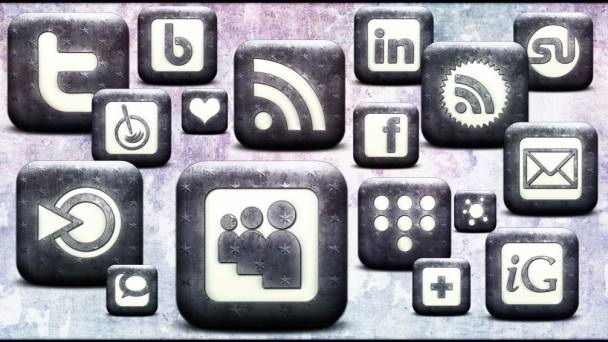Posted by Maria Droste Counseling Center on Jan 28, 2013 in Trauma, Addiction and Illness
The boom in social media has connected the world in a way no one could have ever imagined a generation ago. Now we have the ability, at the touch of a screen, to connect with anyone at any time. Of course there are many benefits to this kind of instant connection. I appreciate that I can connect to friends across the country, some of whom I haven’t seen in years. I can instantly see photos of family and feel more connected to them even when they are far away. World events such as the “Arab Spring” were directly related to the youth of several countries having the ability to contact each other through Facebook and Twitter.
Yet, as with all modern conveniences, there are pitfalls that many of us fall into. These include addiction, loss of human connection, loss of time and productivity, and other issues. The youth of our country are particularly vulnerable to social media addiction. According to one survey led by the University of Maryland’s International Center for Media and the Public Agenda, four out of five teens experienced negative effects when they attempted to disconnect from the wireless world for 24 hours. Most of them couldn’t make it the full 24 hours, and some experienced depression, insecurity, panic, and dependence. Of adults who are a member of more than one social networking site, well more than half – 62 percent – keep an eye on their social networks because they don’t want to miss something such as news or an important event or status update, according to a survey of more than 2,000 consumers sponsored by MyLife.
Here are some red flags to watch out for:
- Most of your meaningful relationships occur in front of a computer screen.
- You update your status while you are with “real” people. This is disturbing on many levels, but trying to be present with friends or family without needing to comment about it on social media is really a good thing.
- You share everything! There really is a thing called “Too much information.”
- You involve yourself in social media activities (i.e. chats, causes, events) that you are not actually involved in.
Other issues rising from overuse of social media may include:
Loss of relationships: Facebook and Twitter should bring you closer to family and friends, but if you turn down plans to go out with real people so you can spend time on a social network, this may indicate a problem. This could lead to even more isolation as friends are less likely to spend time with you in person. Sherry Turkle, who writes extensively about social media, believes that we are expecting more from technology and less from each other. Social media can give us the illusion of companionship without the demands of friendship.
Loss of sleep: Connecting with others online is a great way to catch up, but if you stay up late looking at a screen to connect on social media, you are robbing yourself of the real sleep you need to be productive in the daytime.
Lose of time: If you spend more than a half hour on a social networking site, other than for work, you may have a problem. With this kind of addiction, and other online addictions, hours can pass without even realizing it. Some people forget to pick up their kids or miss appointments due to social media. Using a timer can help you from spending too much time online.
Lose of money: Using Facebook at work can lead to the loss of your job if you miss deadlines or meetings and become less productive. Posting inappropriate things online can also get you fired. If you telecommute, spending too much time social networking often means incomplete projects and a loss of money. If you aren’t able to go a day without going on your social networking sites, you may have an addiction.
Remember that moderation is the key to keeping your social media activities under control. If used properly, social media can be extremely helpful to those who are unable to connect due to health concerns or limited access to transportation. But those with a tendency toward addiction should be aware that social media addiction is real and can have severe consequences.
Joel Silverman, MA, LPC, is a member of The Therapist Group at Maria Droste Counseling Center in Colorado. He specializes in Individual Therapy, Couples Counseling, and Addiction Counseling.
Need Help?
If you would like to speak to a therapist about this subject or about any other issue you may be experiencing, contact the Maria Droste Access Center at 303-867-4600.
Get Informative Posts like this Sent to Your Inbox
Maria Droste posts regularly on helpful mental health and wellness subjects like the one you just read. We send these out in our free monthly newsletter. Subscribe today and get informative reads like this sent straight to your inbox.

